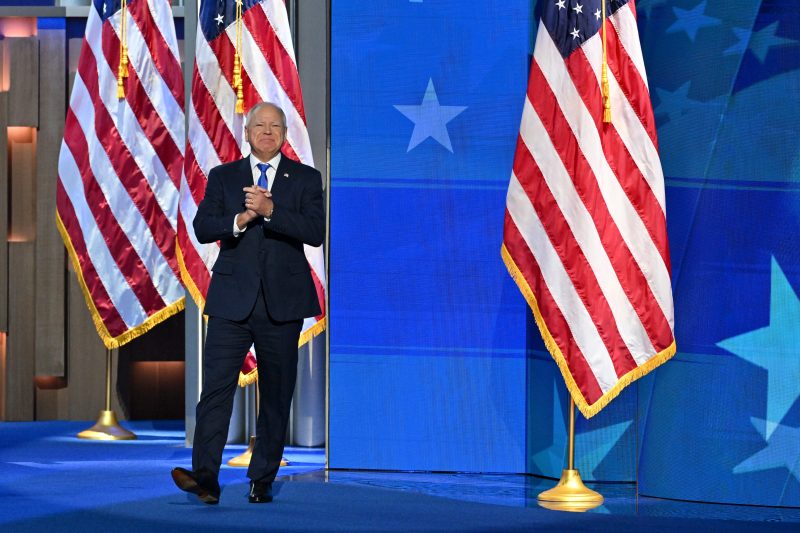In the constantly evolving landscape of global politics, every decision made by world leaders can create a ripple effect that resonates across continents. One such scenario that has been gaining traction in recent times is the intersection between China’s increasing power on the world stage and how political candidates in various countries are utilizing this phenomenon as a potent attack line.
The rise of China as a global superpower has not gone unnoticed, and its economic, military, and diplomatic influence is being felt far and wide. As a result, political candidates have started incorporating China’s growing power into their campaign strategies, using it as a high-impact tool to sway voters and draw attention to their own policy platforms. By framing China as a threat or an opportunity, politicians seek to tap into the anxieties or aspirations of their electorate to bolster their own standing.
A key aspect of this tactic is the framing of China as a strategic adversary, particularly in the context of national security. Candidates often highlight the potential risks posed by China’s expanding military capabilities and assertiveness in the Asia-Pacific region. By positioning themselves as strong defenders of national interests against this perceived threat, politicians aim to appeal to voters who prioritize security and sovereignty.
In addition to security concerns, candidates also leverage China’s economic prowess as a line of attack. With China’s growing role in the global economy, political leaders argue that they can better navigate the complexities of international trade and investment to secure prosperity for their constituents. Conversely, they may criticize opponents for being too soft on China or failing to protect domestic industries from what is often framed as unfair competition.
Moreover, the human rights record of the Chinese government has become a frequent target for politicians seeking to differentiate themselves on the basis of moral leadership. Issues such as China’s treatment of ethnic minorities, political dissidents, and the crackdown on civil liberties are often invoked to underscore a candidate’s commitment to values such as democracy, freedom, and human rights. By engaging with China on these sensitive topics, political leaders aim to showcase their moral clarity and appeal to voters who prioritize ethical considerations in foreign policy.
It is important to note that using China as an attack line in political campaigns is not without its complexities and implications. While framing China as a threat may resonate with segments of the electorate, it also risks perpetuating stereotypes and biases that can further fuel tensions between countries. Moreover, overly simplistic portrayals of China’s power and intentions may overlook the nuances of the relationship between nations and hinder the development of constructive dialogue and cooperation.
In conclusion, the growing power of China on the world stage presents a fertile ground for political candidates to harness for their electoral advantage. By strategically incorporating China into their campaign narratives, politicians can generate resonance with voters on issues ranging from national security to economic prosperity and human rights. However, this approach also carries risks and challenges that must be navigated with care to ensure a nuanced and constructive engagement with the complexities of global politics.
